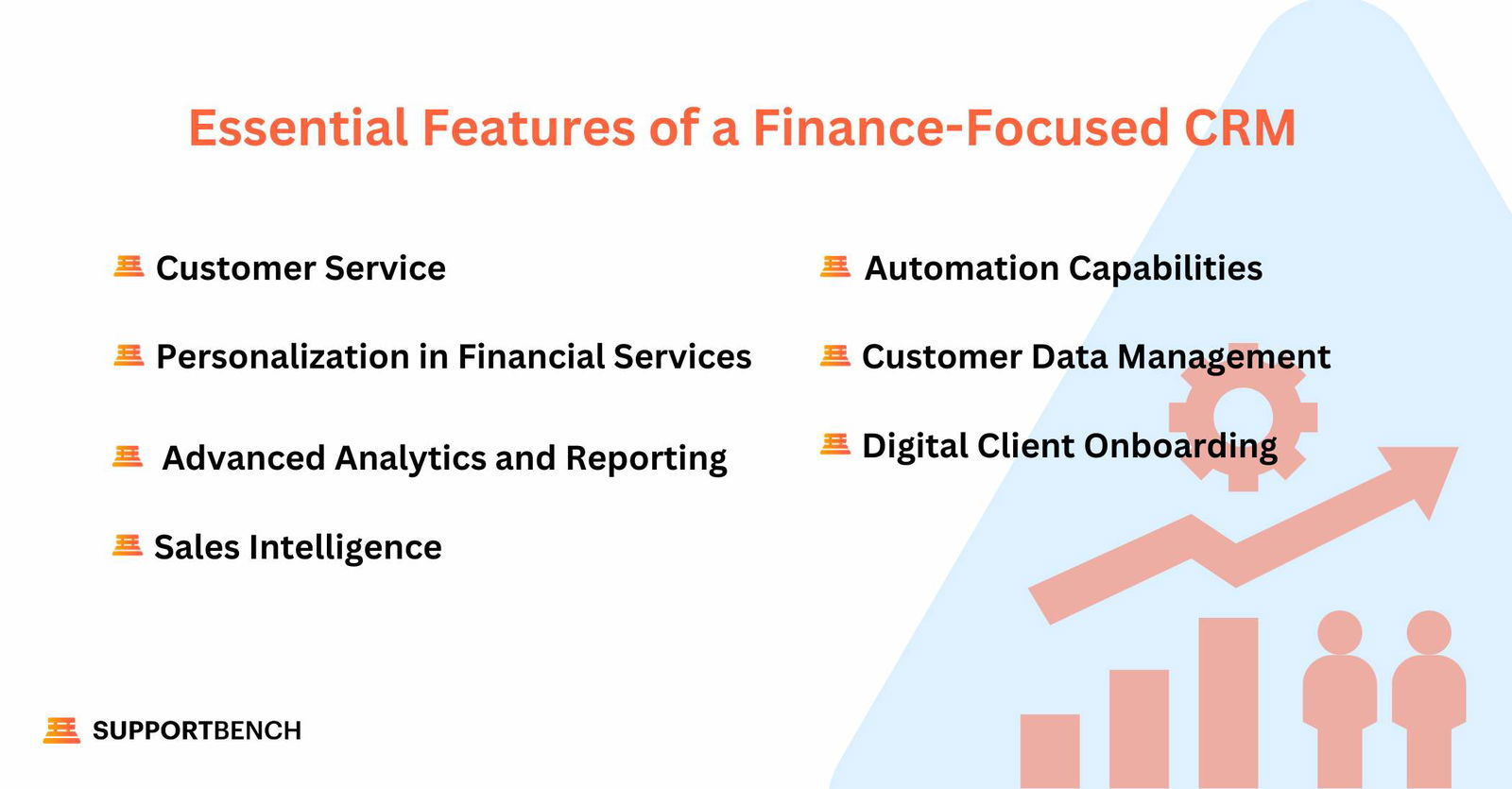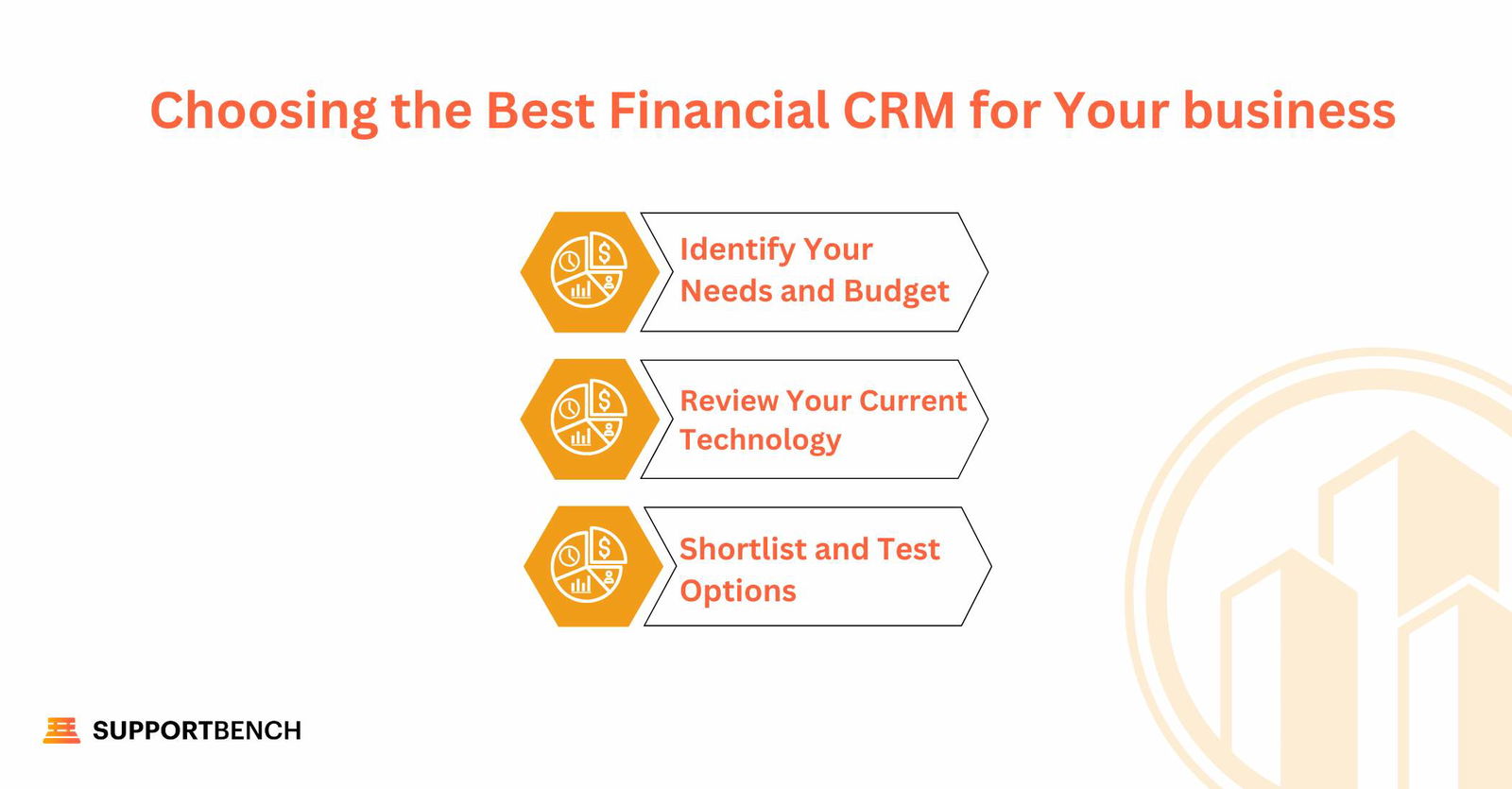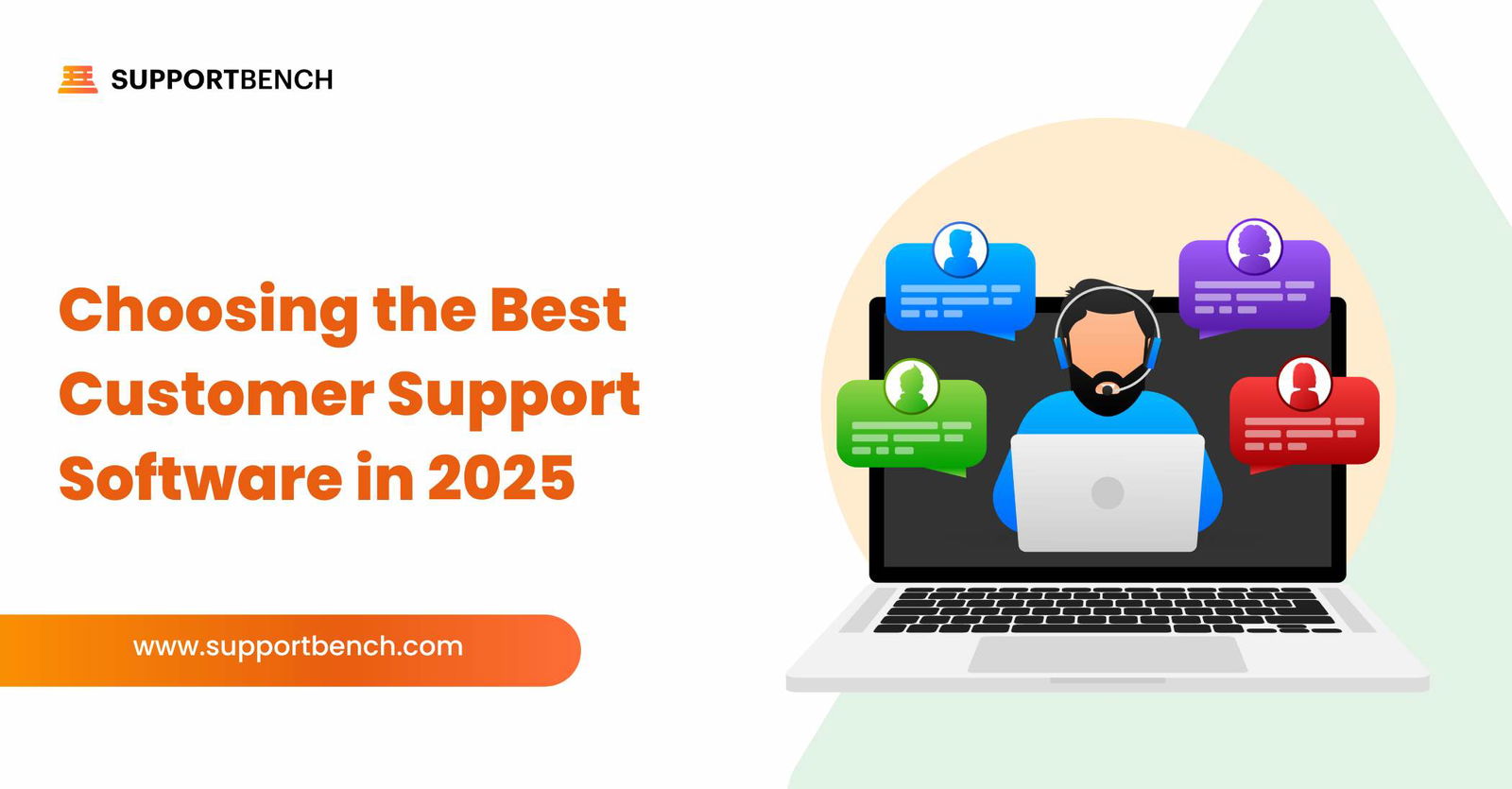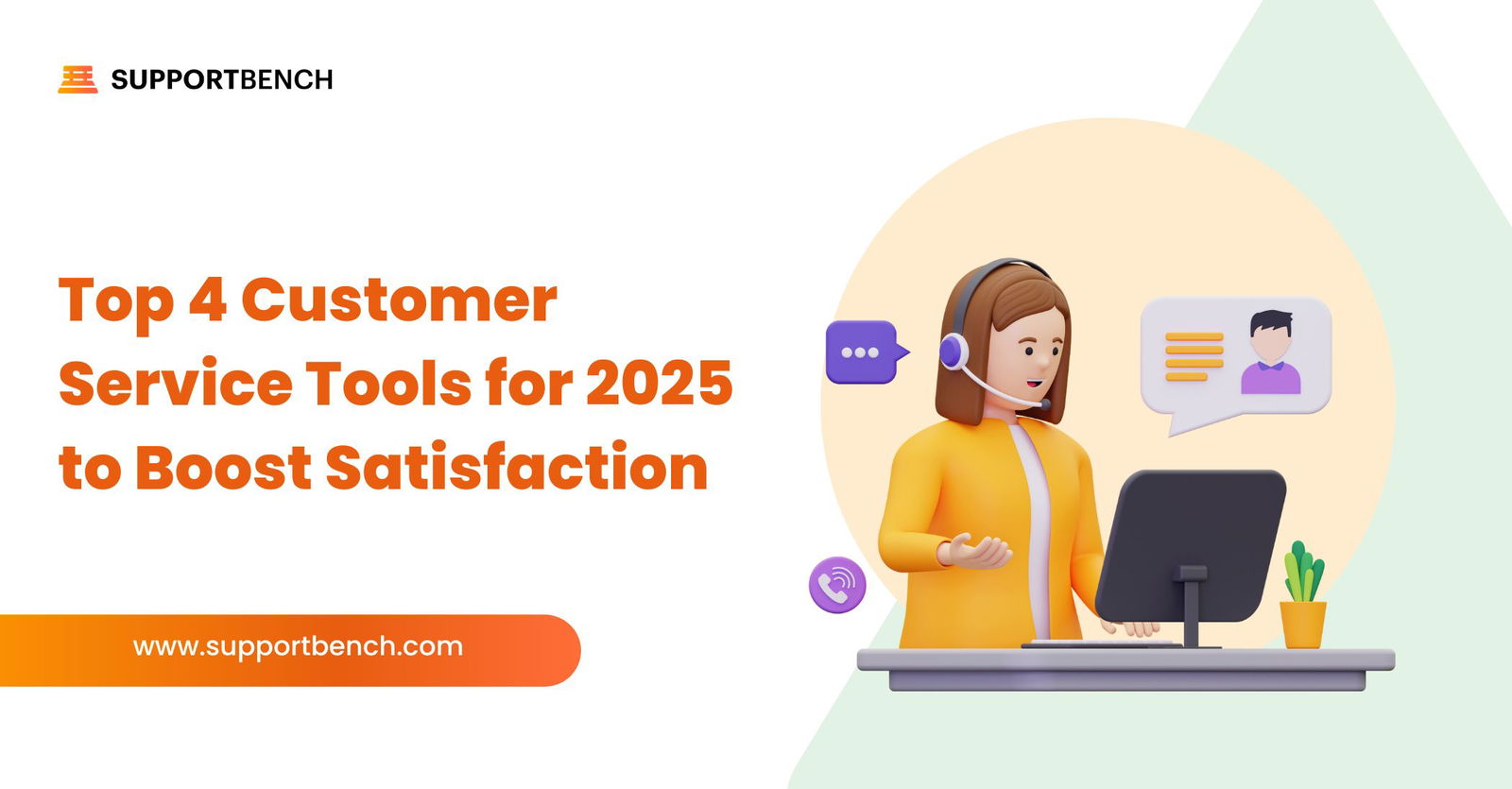Strong customer relationships and efficient operations are critical for success in the finance industry. Banks, investment firms, and other financial businesses face unique challenges, including strict regulations, the need for personalized services, and managing high-value interactions.
Traditional customer management methods often struggle to meet these demands. This is where Customer Relationship Management (CRM) software proves invaluable. A robust CRM centralizes customer data, streamlines workflows, enhances compliance, and improves customer satisfaction.
For financial institutions, the right CRM is more than just a tool—it’s a strategic asset that boosts efficiency and fosters long-term customer loyalty.
In this guide, we’ll explore how CRM solutions are transforming the financial sector, the essential features to look for in finance-focused CRM software, and strategies to unlock your business’s full potential.
What is financial CRM?
Financial CRM software helps businesses build stronger customer connections, streamline lead management, and deliver personalized services. It provides financial institutions like banks, credit unions, and insurance firms with a comprehensive view of customer data to design tailored solutions.
For instance, Financial Services Cloud consolidates customer information—contact details, transaction history, and multi-channel interactions—enhancing marketing, sales, customer service, and reporting. Many CRM platforms also use AI to automate tasks, boosting efficiency for finance professionals.

Role of a CRM in Your Finance Business
Customer Relationship Management (CRM) tools are essential for driving growth in the financial sector. A finance CRM helps tackle sales challenges, streamline operations, and increase revenue by addressing the unique needs of different roles:
For Sales Representatives
A CRM enhances productivity by improving communication and information sharing within the sales team. This collaboration leads to better efficiency and stronger sales outcomes.
For Sales Managers
Tracking team activities can be challenging. A sales pipeline CRM simplifies this task by providing real-time analytics and detailed reports. These insights help managers plan and execute effective sales strategies.
For Financial Advisors
Building strong client relationships requires consistent communication. A CRM tailored for financial advisors enables them to access critical client information, automate repetitive tasks, and schedule meetings—all from a single platform. Advisors can focus on seizing opportunities and growing their business.
For Sales Management (HOD CEO)
While the sales team handles client interactions, managers must oversee operations. A robust CRM offers performance insights, allowing management to monitor team efficiency and guide strategy without direct involvement in daily tasks.
Essential Features of a Finance-Focused CRM
A finance-focused CRM includes specialized features that improve efficiency, support compliance, and enhance customer relationships. Here’s what to look for:

Customer Service
Leverage service portals and chatbots to assist customers quickly and efficiently. These tools address inquiries related to financial transactions, account management, and other key services, improving response times and customer satisfaction.
Automation Capabilities
Repetitive tasks like follow-ups, reminders, and data entry consume resources. Automation tools streamline workflows in sales, marketing, service, and security. They also assist with scheduling, reminders, and fraud detection, letting your team focus on high-value activities.
Customer Data Management
Centralize and organize client data to ensure efficient portfolio management, transaction tracking, and communication. Having a unified view of customer interactions allows financial businesses to improve workflows, minimize errors, and build trust through accurate and timely advice.
Digital Client Onboarding
Simplify the onboarding process with digital workflows, eliminating manual data entry. Secure online document signing ensures a seamless and efficient experience for new clients.
Advanced Analytics and Reporting
Transform raw data into actionable insights to analyze business performance, client behaviour, and market trends. Use analytics tools to generate detailed reports on forecasts, team productivity, and customer trends, helping you make data-driven decisions.
Personalization in Financial Services
Tailor financial planning and advice to individual clients using detailed customer data. CRM tools enable personalized solutions for banking, insurance, and wealth management, enhancing client satisfaction and loyalty.
Sales Intelligence
Access critical insights into sales patterns, team performance, and deal forecasting. Sales intelligence tools help financial services teams identify opportunities, refine strategies, and optimize productivity.
How to Choose the Best Financial CRM for Your Business
Selecting the right CRM is essential for ensuring smooth operations and seamless customer interactions. While there’s no one-size-fits-all solution, the best CRM is the one that aligns with your specific needs. Here’s how to start:

Identify Your Needs and Budget
Define your business goals, size, and customer base before searching for a CRM. Consider your industry’s specific requirements and set a realistic budget based on these factors. Knowing what you need will help narrow your options.
Review Your Current Technology
Ensure the CRM integrates seamlessly with your existing tech stack to avoid compatibility issues. Look for systems that complement your tools for customer service, sales, or data management. For example, platforms like Act! offer integrations with many business tools.
Shortlist and Test Options
Explore CRM options that meet your criteria. Use free trials or request demos to assess their functionality. Focus on key factors such as:
- Ease of use
- Analytics and reporting capabilities
- Security features
- Flexibility and scalability
- Customer support quality
Testing helps you determine which CRM is best suited to your business needs.
The Ideal CRM for Financial Businesses
Supportbench is a comprehensive CRM solution designed to address the specific challenges of the financial industry. With advanced features and a customer-focused approach, Supportbench helps financial businesses streamline operations, strengthen client relationships, and maintain regulatory compliance.
- Unified Platform: Manage every aspect of customer interactions, from ticket management to workflow automation, within a single system.
- AI-Driven Insights: Use advanced analytics to anticipate client needs and deliver tailored services.
- Scalable and Flexible: Adaptable for businesses of any size, from small firms to large enterprises, Supportbench evolves with your growth.
- Secure and Reliable: Safeguard sensitive client data with robust security features and ensure compliance with financial regulations.
- Customizable Solutions: Configure workflows, dashboards, and reports to align with your business’s unique requirements.
Supportbench simplifies customer management while empowering financial teams to build meaningful, long-lasting relationships with clients. Discover how Supportbench can transform your financial business—visit our website today.
Conclusion
A strong CRM system is vital for managing customer interactions and ensuring compliance with industry regulations. The right CRM can revolutionize financial businesses by improving operations, enhancing customer relationships, and maintaining a competitive edge.
When selecting a CRM, consider factors like scalability, security, customization, and ease of use to find the best fit for your needs. Whether you manage a small investment firm or a large financial institution, a well-designed CRM supports business growth and fosters customer loyalty.
Supportbench is the ideal modern CRM for the financial sector. Its unified platform, AI insights, and customer-focused design help businesses deliver exceptional service and streamline operations. The right CRM boosts efficiency and builds lasting client relationships. Visit Supportbench’s website to see how it can elevate your financial business.












